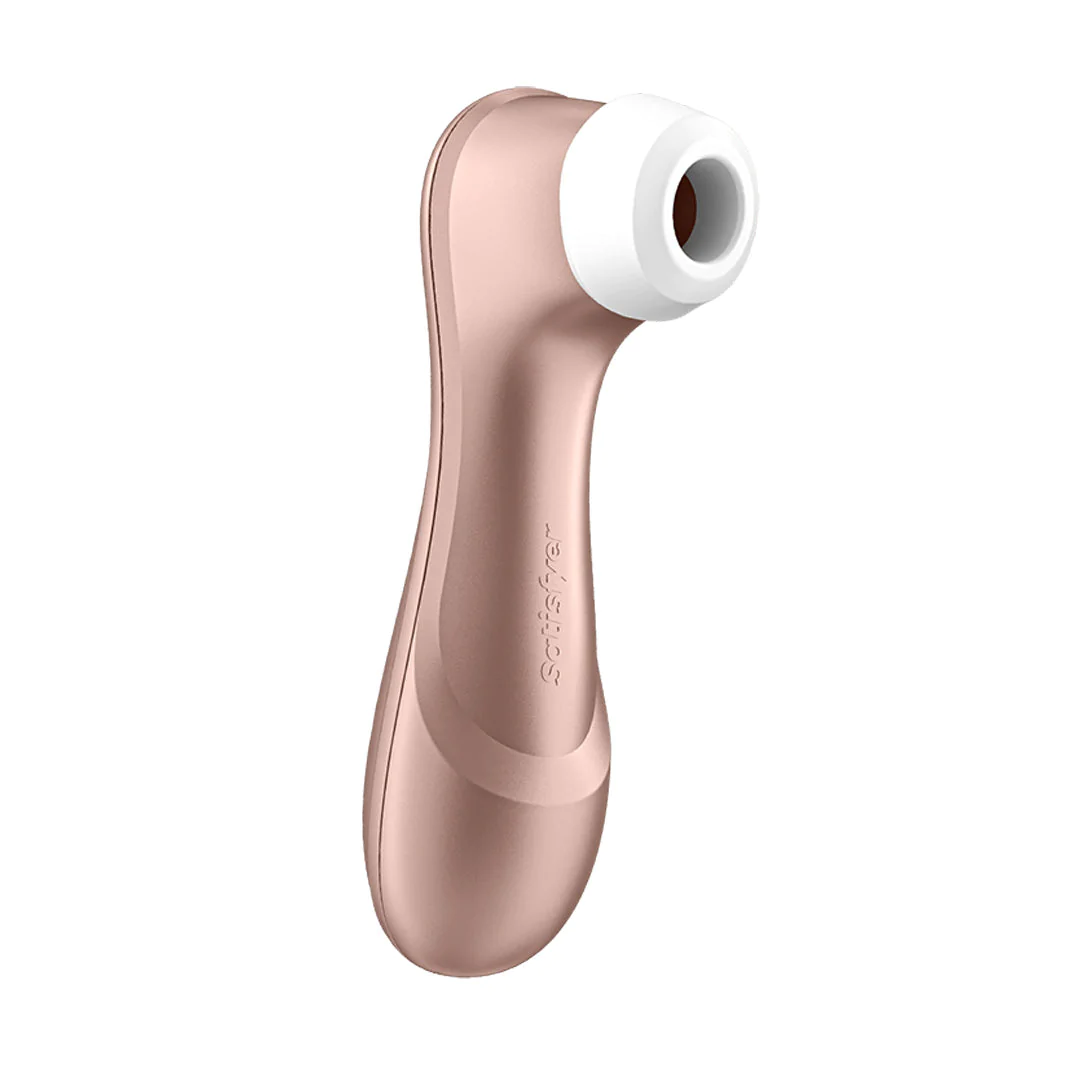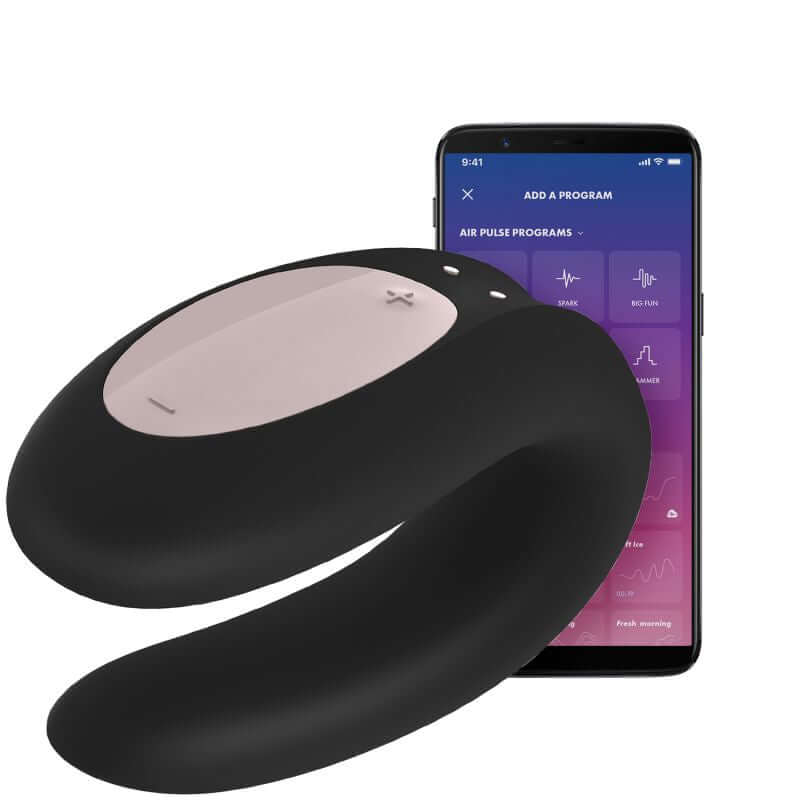For women/people with vulvas, menopause is a natural part of life. It usually occurs between 50 to 60 years of age, when the reproductive years are complete and a person has no menstrual cycle for 12 consecutive months (1). Everyone experiences menopause differently, and, for some, it can be quite a liberating phase of life. It can also be a challenging time, however, as it can be preceded by menstrual irregularities and symptoms. We often hear about conditions such as hot flashes and poor sleep quality, but one common and often under-reported, under-treated condition of menopause is genitourinary syndrome of menopause (GSM).
When it comes to GSM, women may feel uncertain of how to describe the changes happening, ashamed or embarrassed to discuss such personal experiences, or may simply not know that symptoms can be treatable. But the more we learn and understand what’s happening in our bodies, especially during menopause, the better we can take care of our wellness.
What Causes GSM?
GSM is the medical term that has replaced vulvo-vaginal atrophy (VVA) (1) . It occurs when there is a loss of estrogen and the inner vulvo-vaginal tissues thin (1). This leads to a loss of elasticity and change in cells, along with decreased blood flow and decreased secretions (1). Postmenopausal vaginal fluids have less “good” bacteria (flora) and increased ph levels, which puts individuals at greater risk of infections and other GSM symptoms (1). These changes can also lead to a decreased size of the clitoris and labia minora and increase the risk of urethral caruncles (1). Urethral caruncles are tissue changes around the urinary opening that can be asymptomatic or can cause tenderness and sensitivity (1).
Symptoms
This syndrome affects between 27 to 84 percent of postmenopausal women, and consists of both vaginal and urinary symptoms (2). However, unlike other menopausal symptoms, these issues often do not lessen with time but can persist and maybe even worsen (3). Here are some symptoms that may indicate you are experiencing GSM (2):
GSM Vaginal Symptoms (2):
- Dryness
- Irritation, itching, and burning
- Painful sex and/or bleeding with sex
GSM Urinary Symptoms (2):
- Frequency, urgency, dysuria (pain)
- Frequently needing to urinate at night (Nocturia)
- Lack of control over urination or defecation (Incontinence)
- Recurrent urinary tract infections (UTIs) [occurring two times in six months or three times a year]
Women from the United States and several other countries around the world that were surveyed about their experience with GSM reported interference with intimacy, sexual enjoyment, relationships, sleep, and overall enjoyment in life (2). Because menopause can account for about one-third of a person’s lifetime, it is important to understand what’s happening in the body and the treatment options available.
Treatment options for GSM
The ultimate goal for treating GSM is to eliminate the uncomfortable symptoms. First line therapies are very basic and can be easy to get; these are vaginal lubricants and moisturizers. There are many different types of lube to choose from including water, silicone, and oil-based lubricants and multiple moisturizer brands, such as Replens and Feminease (2). There is limited data on lubrications and irritation; to prevent possible skin reactions, try a small amount of lube on a small area of skin for 24 hours before using it vaginally (2).
When these interventions do not help with symptoms, the next step may be estrogen therapy (2). There are many options to choose from based on the needs of the person. The vagina houses the most estrogen receptors throughout the body (2). This makes it an ideal location for estrogen administration (2). Vaginal estrogen can be a very quick and effective correction for women experiencing recurrent UTIs (2).
Low-dose vaginal estrogen options are available in several forms: ring, cream, tablet, ovule (2). While these treatments can be very effective and are not considered high-risk medications for women of advanced age, consult your healthcare provider to determine what’s right for you (2).
Vaginal Estrogen (2):
- Creams. You may be prescribed Premarin (conjugated equine estrogen) or Estrace (estradiol) cream. It’s recommended to administer one figure crease daily for two weeks, then one to three times a week after that. These creams can be applied with an applicator or finger.
- Estring (estradiol). This is a convenient, flexible vaginal ring that is inserted every three months and works well with pessaries (vaginal support devices).
- Estradiol Tablets [Vagifem (Yuvafem)]. These tablets are inserted vaginally with an applicator or finger daily for two weeks, then two times per week.
- Vaginal Ovules [Imvexxy]. This is inserted vaginally, daily for two weeks and then two times per week after that. No applicator is needed as it can be inserted with a finger, ont to two inches into the vagina. This treatment offers the lowest available dose for all vaginal estrogen products
Non-Estrogen (2):
- Intravaginal DHEA or prasterone “intrarosa.” Take one vaginal ovule daily that converts to estrogen and testosterone in cells.
- Ospemifene “Osphena.” This is a selective estrogen receptor modulator (SERM) taken by mouth daily.
Special circumstances
There are a few special considerations that should be mentioned. People who have recovered from breast cancer need to avoid certain types of medication, but GSM can be treated. Lubricants and moisturizers are the first and easiest option to try. A 4 percent aqueous lidocaine + silicone lubricant applied with a cotton swab can be very helpful for pain during sex (dyspareunia) (1) . Lowest-dose vaginal estrogen products can also be considered because they act locally and are not absorbed into the rest of the body (1). However, these decisions should be very individualized, so consult with your oncologist (1,2).
Some conditions like lichen sclerosus or vulvar intraepithelial neoplasia (VIN) can have symptoms that are similar to GSM. Lichen Sclerosis usually can be treated with a topical steroid (1). VIN is sometimes concerning and needs to be biopsied. As always, with any new or worsening symptoms, reach out to your trusted care provider for evaluation and treatment (1).
The bottom line
Educating yourself on the causes, symptoms, and treatments available for GSM is a great first step toward improving your overall health and comfort. While the information above can help you identify some of the issues and treatments available, always consult your healthcare provider to find what works for you.



.png)































.webp)
.webp)

.webp)
.webp)
.webp)